
Walnut Kernels
₹671.00 – ₹1,287.00Price range: ₹671.00 through ₹1,287.00 N/A
Walnut Kernels
Kashmiri walnuts are often considered a premium variety, known for their large size and superior taste. They are a common ingredient in a variety of cuisines, and they also provide several health benefits. Rich in omega-3 fatty acids, antioxidants, and minerals, they are known for promoting heart health, brain function, and overall well-being.
1) What are Walnut Kernels
Walnut kernels are the edible inner part of the walnut fruit, after the hard outer shell is removed. They are commonly consumed as snacks or used in cooking, and are rich in nutrients like healthy fats, proteins, vitamins, and minerals.
2) How to Select Walnut Kernels
Color: Choose light-colored kernels as they tend to be fresher and milder in taste.
Texture: The kernels should feel firm and not shriveled. Avoid soft or rubbery kernels.
Smell: They should have a pleasant, nutty aroma. A rancid smell indicates spoilage.
Packaging: Opt for air-tight, vacuum-sealed packs to maintain freshness and avoid moisture exposure.
3) Benefits of Walnut Kernels
Rich in omega-3 fatty acids
High in antioxidants
Supports heart health
Improves brain function
Good for skin and hair health
Provides dietary fiber for digestion
4) Packaging Sizes Available
Walnut kernels are available in various packaging sizes, such as:
500g,
1kg
5) Uses of Walnut Kernels
Eaten raw as a snack
Used in baking (e.g., cakes, cookies, breads)
Added to salads or yogurts
Ground into walnut butter or pastes
Used in savory dishes like pilafs or pesto
6) Health Benefits Suitable to Various Groups:
Men: Helps improve cardiovascular health and reduce bad cholesterol.
Women: Promotes skin and hair health due to vitamin E and antioxidants. May help with hormonal balance.
Kids: Supports brain development and provides essential nutrients like protein and fiber.
Elderly: Supports cognitive function and helps in reducing inflammation and joint pain.
7) Taste
Walnut kernels have a slightly bitter, earthy flavor due to the presence of tannins in the thin skin, but they also carry a mild, nutty taste with a buttery texture.
8) How to Consume
Raw: Eat directly as a snack.
Soaked: Soaking overnight may reduce bitterness and enhance nutrient absorption.
Roasted: Lightly roast for a crunchy texture and enhanced flavor.
In recipes: Add to smoothies, desserts, or savory dishes.
9) How to Store
Store in an air-tight container in a cool, dry place away from sunlight.
Refrigerate or freeze for longer shelf life (up to 6 months in the refrigerator, 12 months in the freezer).
10) Product Life
Walnut kernels typically have a shelf life of around 6–12 months, depending on storage conditions.
Properly stored kernels in sealed packaging can last longer without going rancid.
Harvesting Time
Walnuts are typically harvested in late summer or early fall (August to October)
| packaging | 1000 GRM, 500 G |
|---|
Related products
Gulkand
Kahwa Sugarfree
- 1000 GRMFrom: ₹910.00
- 500 GFrom: ₹522.00
Dried Pineapple
- 1000 GRMFrom: ₹853.00
- 250 GFrom: ₹294.00
- 500 GFrom: ₹437.00
Dried Kiwi
White Apricot
- 100 GFrom: ₹1,836.00
- 250 GFrom: ₹4,406.00
- 50 GrmFrom: ₹1,036.00
Gucchi Mushroom
- 1000 GRMFrom: ₹1,652.00
- 500 GFrom: ₹922.00
Dried Figs ( Anjeer)
₹351.00 N/A
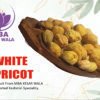
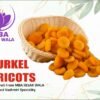
₹465.00 – ₹808.00Price range: ₹465.00 through ₹808.00 N/A

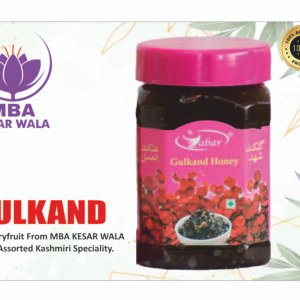
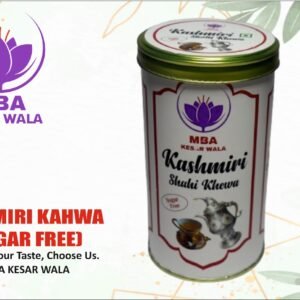
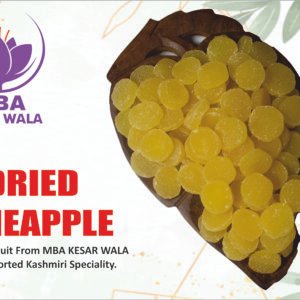
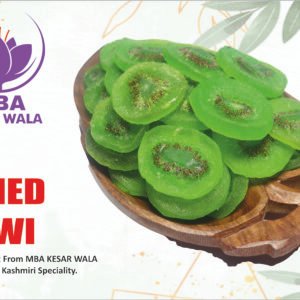

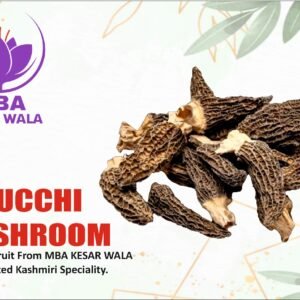

Reviews
There are no reviews yet.